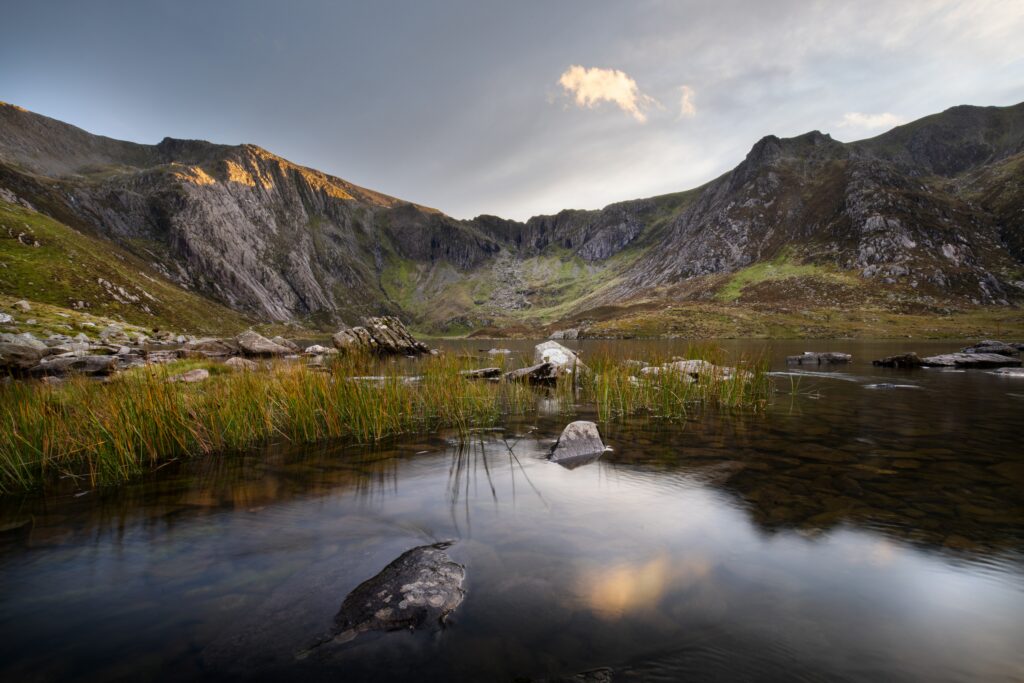Samuel Kurtz MS and Janet Finch-Saunders MS assess Welsh Government’s policy on water quality and propose solutions to move forward.
This summer saw extreme weather. From temperatures that broke records to extended periods of drought, it was difficult for us all to withstand. However, the impact these extremes temperatures had on our natural world and local environment shouldn’t be understated.
Such a long period of time without rainfall has led to restrictions being placed on consumers across Wales. Hosepipe bans were enforced in many parts of the country.
But soon after, we saw periods of heavy rainfall, leading to flooding incidents and the increased occurrence of raw sewage being discharged into our rivers and seas.
To be clear: we must not have any kind of sewage pollution in our waterways.
This led to warnings from local authorities about the dangers of swimming and bathing in sewage polluted sea water, families avoided beaches suffocating with raw sewage, and regular inland bathing spots were abandoned by would-be bathers.
As a nation, many of us take great pride in the action we take to help combat climate change, protect our environment and restore our local habitats. Little surprise then that so many people expressed their outrage over these recurring sewage incidents.
To be clear: we must not have any kind of sewage pollution in our waterways.
It negatively affects the quality of our bathing waters, increases the risk of disease and can have a devastating impact on our local wildlife.
And that’s why the current combined sewer overflow (CSO) system cannot be allowed to continue. A system where CSOs regularly releases sewage into our waters is harmful, outdated, and must be phased out.
But for this to happen, we have a mammoth task ahead of us.
Across the border in England, the UK Conservative Government have set out their action plan to overhaul the sewage system to tackle storm sewage discharges – yet in Wales, we’re left waiting with no plan.
And with each day we wait, more raw sewage is dumped into our waterways, with the Labour Government standing idly by.
In England, the Conservative Government’s proposed storm sewage action plan speaks for itself:
- 70% fewer discharges into bathing waters by 2035 – equating to 4,620 fewer sewer discharges into our bathing waters during the bathing season;
- By 2040, approximately 160,000 discharges, on average, will have been eliminated; and
- By 2050, approximately 320,000 discharges, on average, will have been eliminated – 80% of the total number.
These are the actions of a government which recognises a problem, listens, and acts. This won’t solve the problem overnight, but it does grab a hold of the issue and set out a plan for improvements. A plan which is yet to exist in Wales.
Robust debate and agenda-setting research.
Support Wales’ leading independent think tank.
The Labour Government in Cardiff Bay need to take seriously the threat this poses to our environment; and they can begin by holding our water companies to account.
By placing an obligation on our water companies to invest more of their profits into updating their antiquated sewer infrastructure, we can ensure that the current system is replaced by one which doesn’t pose an active threat to our environment.
Unlike many other utilities, we don’t have a choice in water provider, leaving little ability for the consumer to hold them directly to account. This is where the Welsh Government should step in.
A clear and enforceable policy from Cardiff Bay would push our water companies to do better. We shouldn’t settle for the status quo when it comes to the quality of our waters, but unless the Labour Government intervenes, raw sewage on our beaches will continue to be a regular occurrence.
But the policy shouldn’t be one in isolation.
All too often ‘whataboutery’ leads to finger pointing from one industry to another over water pollution, with the agricultural industry often in the crosshairs of Labour ministers.
All too often ‘whataboutery’ leads to finger pointing from one industry to another over water pollution, with the agricultural industry often in the crosshairs of Labour ministers. A comprehensive policy to improve water quality would be one which tackles CSO pollution alongside agricultural pollution, rather than policies operating in isolation, or worse, in competition with each other.
There is no denying that pollution, whatever the source, is harmful and should be dealt with accordingly. However, the Nitrate Vulnerable Zones (NVZs) which the Labour Government intend to deploy fully, will fail to work.
The evidence from other countries where the policy is already in operation demonstrates that their implementation could even make the situation worse. The Irish Environmental Protection Agency showed nearly half of sites under NVZ regulations were showing an increase in nitrates.
How we solve water pollution is the right question to be asking. Sadly, Labour’s NVZ policy is the wrong answer.
The time for political posturing is over. The Labour Government must listen to the evidence and take action now to improve the quality of water in Wales.
All articles published on the welsh agenda are subject to IWA’s disclaimer.





